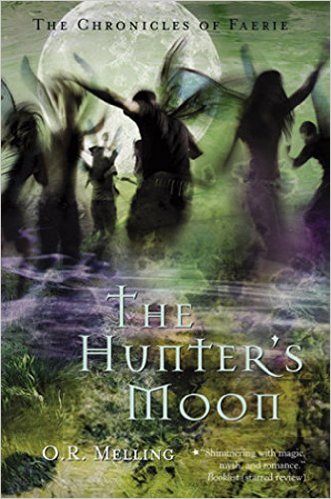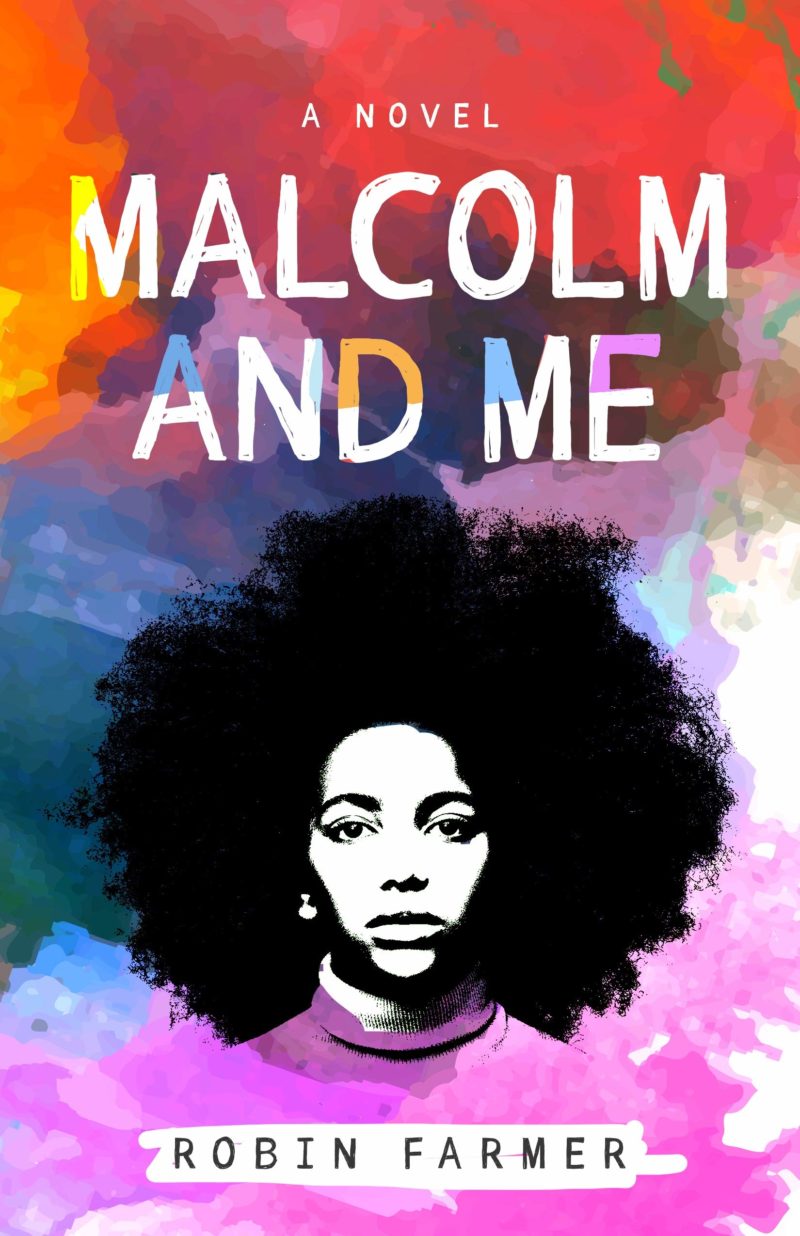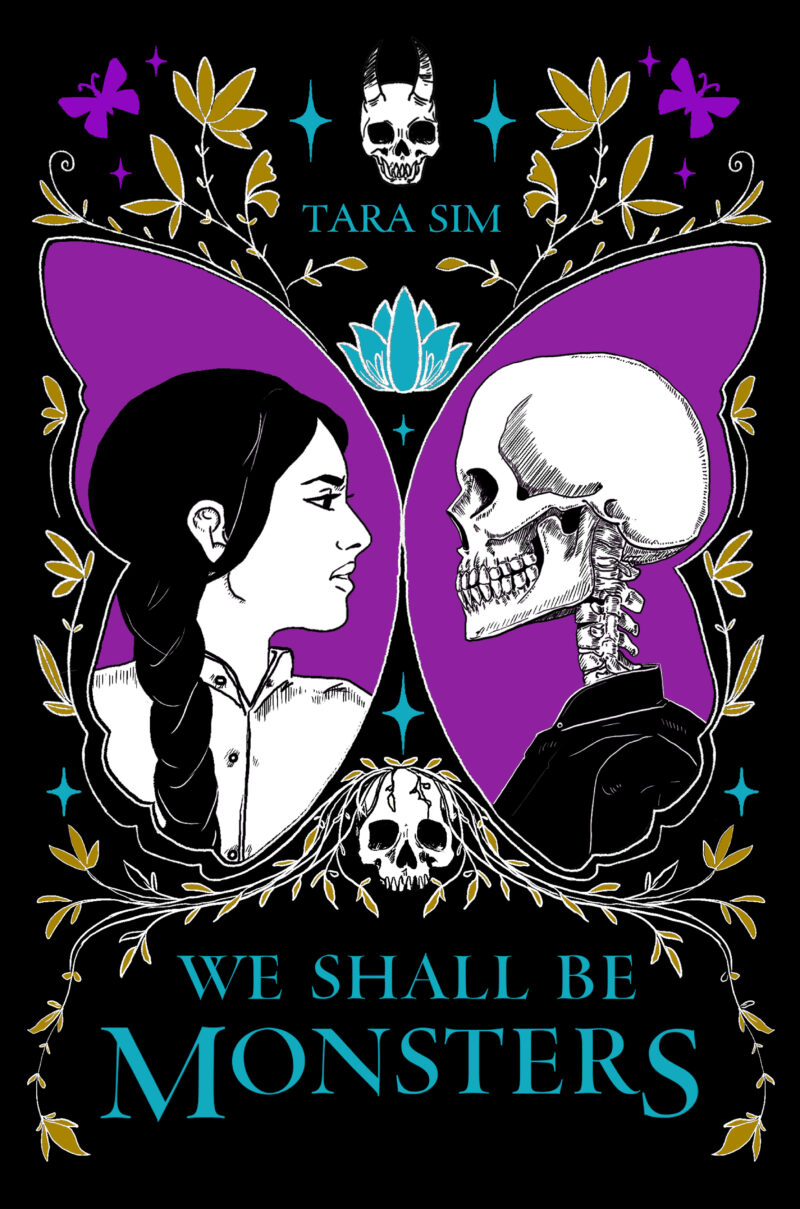[button color=”black” size=”big” link=”http://affiliates.abebooks.com/c/99844/77798/2029?u=http%3A%2F%2Fwww.abebooks.com%2Fservlet%2FSearchResults%3Fisbn%3D9781416971740″ target=”blank” ]Purchase here[/button]
I surprise myself when I look back on the thousands of books I have reviewed and see so few, if any, that really belong to the Steampunk genre. The whole “alternate history of Queen Victoria’s era with armed airships and high-tech high jinks” concept holds an immense appeal for a fantasy and historical fiction buff like me, but somehow I have only grazed the edges of this flourishing field. Books I have read by Stephen Elboz, Kenneth Oppel, and R. L. LaFevers are about as close to that type of story as I have wandered, more by chance than by design. So when I saw the cover of this book, I thought I was going to really plunge into the world of Steampunk once and for all. I won’t say “alas,” but I was mistaken. This book takes the world of Steampunk into the next generation, and gives it a twist all its own.
The alternate universe in which Leviathan takes place seems to have split off from the Steampunk waveform at the time of Charles Darwin. Not content with disabusing half of Europe of their belief in a divine creator, the Darwin of this world founded a branch of science devoted to combining the “life threads” (read “what they called DNA before they discovered DNA”) of different animals into fabricated creatures that had all kinds of uses. Britain, France, and other “Darwinist” aligned nations have gotten a head-start on high tech, using these artificial beasties instead of gadgets and motors. So by the dawn of what we call World War I, they have vehicles drawn by elephantines and wolftigers, bio-engineered krakens serving in lieu of submarines, and most exciting of all, living airships ranging from single-passenger “Huxleys” (giant, hydrogen-breathing jellyfish) to airborne battleships built around flying whales like the good ship Leviathan herself!
Enter Deryn Sharpe, an aviator’s daughter whose only ambition is to serve in the Royal Navy of the sky. So she cuts her hair, puts on a boy’s uniform, and enlists under the name Dylan, relying on her androgynous looks, her innate “sky sense,” and her incredible natural courage to overcome the disadvantage of being the one girl among a midshipmen’s berth full of boys. Then a female boffin (that’s British slang for “scientist”) comes on board with a load of luggage and a secret cargo meant to play a role in sensitive negotiations with the Ottoman Empire. Suddenly, thanks to weight restrictions, Dylan finds herself one of only two middies left on board.
Meanwhile, in the opposing half of Europe—the half devoted to developing machine might beyond the coal-powered whimsies of the Steampunk era—the so-called “Clanker” powers have been gearing up for a war to end all wars. Their armored vehicles now run on diesel fuel, but instead of rolling on tractor treads they walk on legs, like giant insects or spiders carrying battleships over land. Just as in the real world, hostilities are ignited by the assassination of the Austrian Archduke, heir to the throne of the Austro-Hungarian Empire. he twist is that the Germans poisoned the Archduke and his wife in the middle of the night, forcing their teenaged son Alek to flee for his life with a handful of loyal men.
Just when Alek’s party makes it to the safety of a royal villa hidden in the Swiss Alps, Deryn’s Leviathan is shot down by German fighter planes in the adjacent valley. With their airbeast crippled, an Alpine winter closing in, and German reinforcements on the way, they won’t survive long… unless Alek risks exposing his safe haven, and his politically explosive family secret, to help them. What is it that brings these two desperate groups together? Necessity? Fate? Compassion? Fatal foolishness? Whatever it is, Alek, Deryn/Dylan, and their companions are about to share an adventure full of danger, daring, complex lines of loyalty and duty, and tremendous import for the life or death of millions of people. Their adventure only begins in this book, however, continuing in the sequel, Behemoth.
American author Scott Westerfeld is also the author of the Midnighters, Uglies, and Peeps series, and seems to specialize in writing fantasy thrillers about issues such as popularity, popular taste, and the perception of beauty. Married to Australian author Justine Larbalestier, he also writes contemporary ballet music and software while leading a forever-summer lifestyle, divided between New York and Sydney. Which, you know, kind of makes him my fantasy hero.



